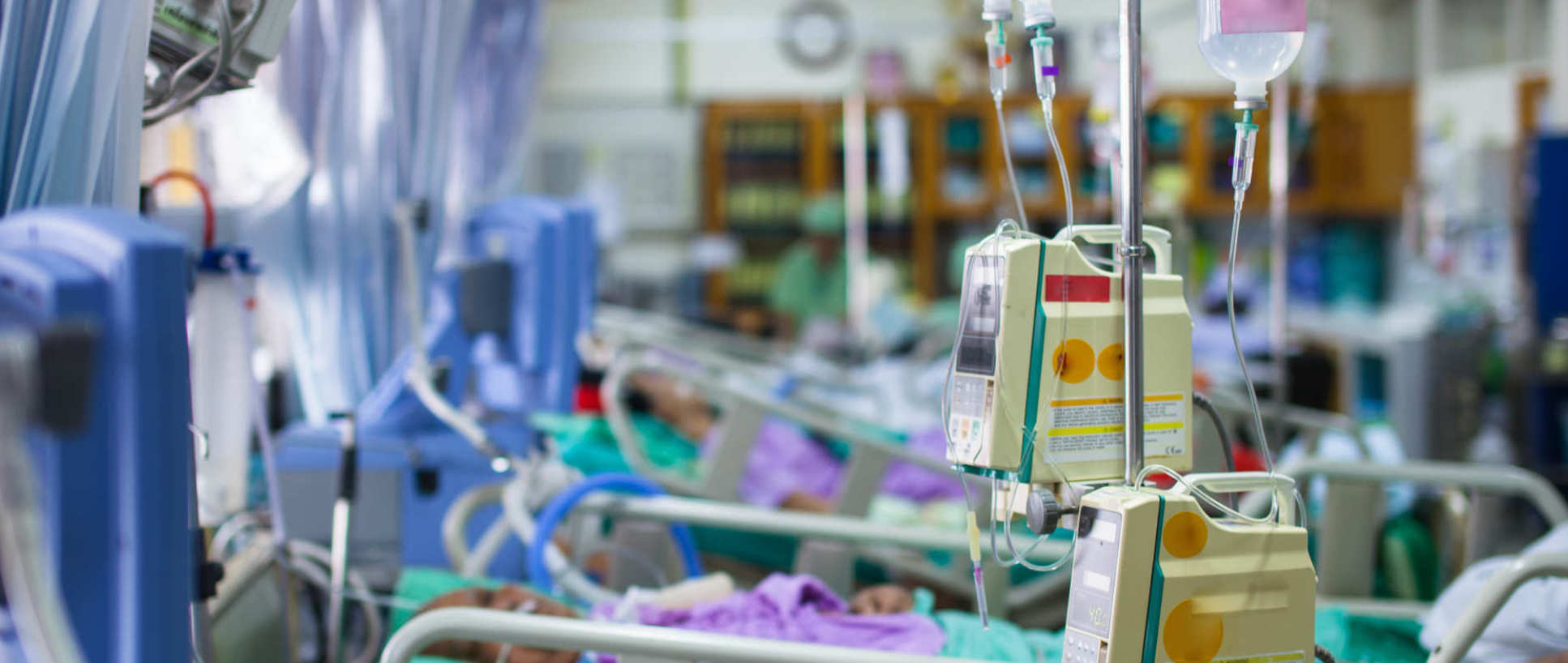BibTex format
@article{Gordon:2016:10.1186/s13054-016-1222-8,
author = {Gordon, AC and Antcliffe, D},
doi = {10.1186/s13054-016-1222-8},
journal = {Critical Care},
title = {Metabonomics and intensive care},
url = {http://dx.doi.org/10.1186/s13054-016-1222-8},
volume = {20},
year = {2016}
}
RIS format (EndNote, RefMan)
TY - JOUR
AB - This article is one of ten reviews selected from the Annual Update in Intensive Care and Emergency medicine 2016. Other selected articles can be found online at http://www.biomedcentral.com/collections/annualupdate2016. Further information about the Annual Update in Intensive Care and Emergency Medicine is available from http://www.springer.com/series/8901.
AU - Gordon,AC
AU - Antcliffe,D
DO - 10.1186/s13054-016-1222-8
PY - 2016///
SN - 1364-8535
TI - Metabonomics and intensive care
T2 - Critical Care
UR - http://dx.doi.org/10.1186/s13054-016-1222-8
VL - 20
ER -
 Critical care involves the care of the sickest patients in the hospital. Critically ill patients have usually been through a significant insult to their body (such as trauma, infection, burn) and have developed organ failure and require life-support. Critical Care is the largest theme bringing together clinicians and scientists from diverse backgrounds and includes collaborative research from hospitals throughout north-west London. Investigations range from evaluating biological mechanisms of organ failure through to the development of innovative technologies which allow the short-term and long-term support and recovery of organs.
Critical care involves the care of the sickest patients in the hospital. Critically ill patients have usually been through a significant insult to their body (such as trauma, infection, burn) and have developed organ failure and require life-support. Critical Care is the largest theme bringing together clinicians and scientists from diverse backgrounds and includes collaborative research from hospitals throughout north-west London. Investigations range from evaluating biological mechanisms of organ failure through to the development of innovative technologies which allow the short-term and long-term support and recovery of organs.